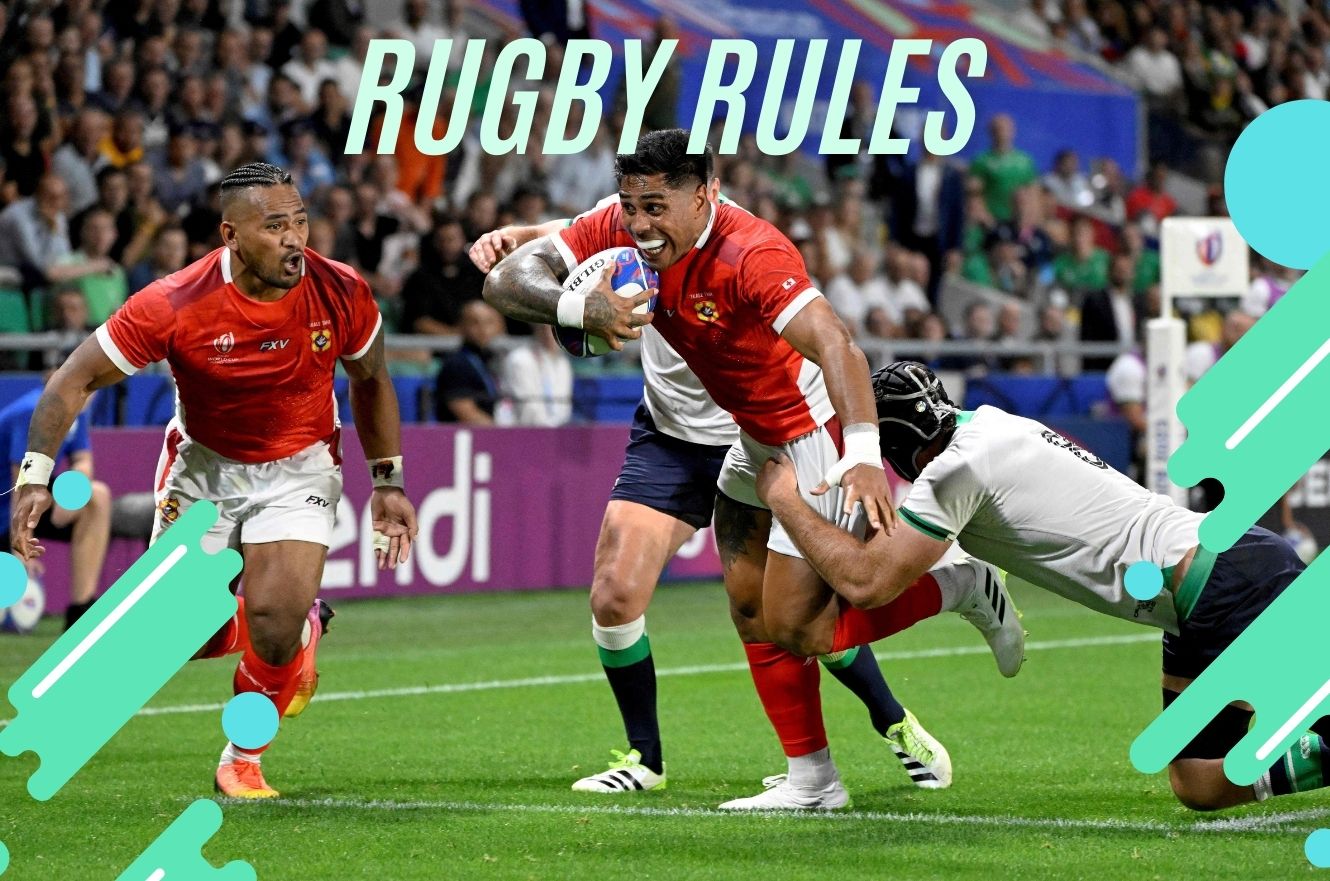Rugby is a dynamic and physically demanding sport that has captivated audiences worldwide. With its rich history and varied playing styles, rugby has evolved into a major international sport. Let’s explore the rules, the structure of the game, and its significance today.
Who Invented Rugby?
Rugby traces its roots back to the early 19th century. The sport is said to have been invented in 1823 at Rugby School in England when a student named William Webb Ellis picked up the ball during a game of football and ran with it. This act laid the foundation for what would become modern rugby.
Rugby History
The development of rugby was influenced by various forms of football played in England and beyond. In 1871, the Rugby Football Union (RFU) was established in England, which formalized the rules of the game. Over the years, rugby split into two main types: Rugby Union and Rugby League, each with its distinct rules and structures.
How Long is a Rugby Game?
A standard rugby match lasts for 80 minutes, divided into two halves of 40 minutes each. There is usually a halftime break of about 10 minutes. The game clock stops for injuries, substitutions, and other stoppages, making the actual duration of the match longer.
How Many Players on a Rugby Team?

In Rugby Union, each team consists of 15 players, while Rugby League teams are made up of 13 players. The positions on the field are categorized into forwards and backs, each with specific roles and responsibilities during the game.
Rugby Field Positions
Understanding rugby field positions is crucial for both players and spectators. Here’s a breakdown of the primary positions:
- Forwards (8 players): These players focus on winning possession and are involved in scrums and lineouts.
- Props
- Hooker
- Locks
- Back Row (Flankers and Number 8)
- Backs (7 players): These players are generally faster and more agile, focusing on scoring and playmaking.
- Scrum-half
- Fly-half
- Centers
- Wingers
- Full-back
Famous Rugby Players
Throughout rugby’s history, many players have made significant impacts on the sport. Some notable names include:
- Jonah Lomu: Known for his speed and power, he revolutionized the wing position in Rugby Union.
- Richie McCaw: A legendary captain for the New Zealand All Blacks, known for his leadership and tactical awareness.
- Martin Johnson: Former England captain who led his team to victory in the 2003 Rugby World Cup.
- Sonny Bill Williams: Renowned for his versatility, playing both Rugby Union and Rugby League at a high level.
Rugby Playing Countries
Rugby is played in many countries around the world, with strong followings in:
- New Zealand: Home to the All Blacks, renowned for their dominance in Rugby Union.
- South Africa: Another powerhouse in international rugby, winning the Rugby World Cup multiple times.
- England: The birthplace of rugby, with a rich rugby culture and history.
- Australia: Known for its competitive teams in both Rugby Union and Rugby League.
- France: A strong contender in international competitions, particularly in Rugby Union.
Rugby Championship
The Rugby Championship is an annual international tournament featuring the national teams of Australia, New Zealand, South Africa, and Argentina. This championship showcases the best of Southern Hemisphere rugby and is fiercely contested each year.
Rugby Leagues
In addition to international competitions, there are several domestic rugby leagues around the world, including:
- The Gallagher Premiership: England’s top-level rugby union league.
- Top 14: The premier rugby union league in France.
- National Rugby League (NRL): The top professional rugby league competition in Australia and New Zealand.
Biggest Rugby Tournaments
| Tournament Name | Type | Year Established | Participating Teams | Notable Features |
| Rugby World Cup | International | 1987 | 20 national teams | Premier tournament held every four years. |
| Six Nations Championship | International | 1883 | England, France, Ireland, Italy, Scotland, Wales | Annual competition among European teams. |
| The Rugby Championship | International | 2012 | Argentina, Australia, New Zealand, South Africa | Annual tournament featuring Southern Hemisphere teams. |
| European Rugby Champions Cup | Club Level | 1995 | Top clubs from Europe | Prestigious club competition in European rugby. |
| British & Irish Lions Tour | International | 1888 | British & Irish Lions (combined team) | Every four years, tours to play against Southern Hemisphere teams. |
| World Rugby Sevens Series | International | 1999 | National teams (varies by tournament) | Series of tournaments featuring the seven-a-side format. |
| Commonwealth Games Rugby Sevens | International | 1998 | 16 national teams (men’s & women’s) | Held every four years as part of the Commonwealth Games. |
| Pacific Nations Cup | International | 2006 | Fiji, Samoa, Tonga, Japan, USA, Canada | Tournament for teams in the Pacific region. |
Rugby hosts several significant tournaments, with the Rugby World Cup being the most prestigious. Held every four years, the Rugby World Cup brings together the best national teams to compete for the title. Other notable tournaments include:
- Six Nations Championship: Featuring England, France, Ireland, Italy, Scotland, and Wales.
- The Rugby Championship: Involving teams from the Southern Hemisphere.
Rugby Live and Rugby Today
Rugby continues to thrive today, with a growing fan base and increased visibility. The advent of broadcasting and digital platforms has made rugby live events more accessible to fans around the world. Major tournaments and leagues attract large audiences, both in stadiums and through live broadcasts.
